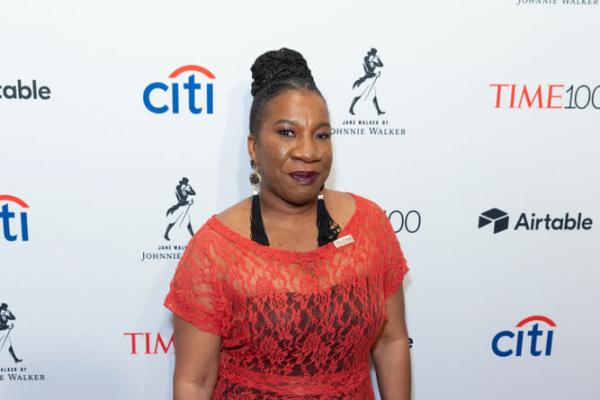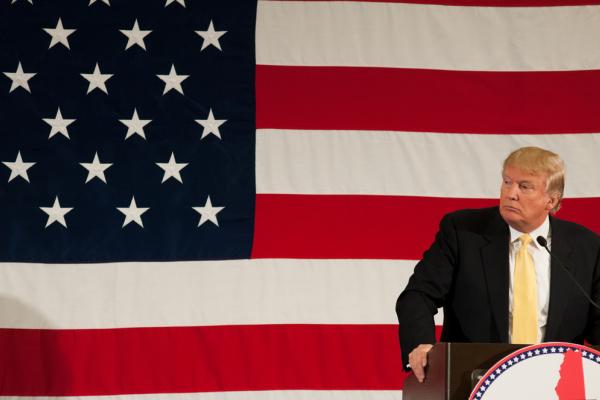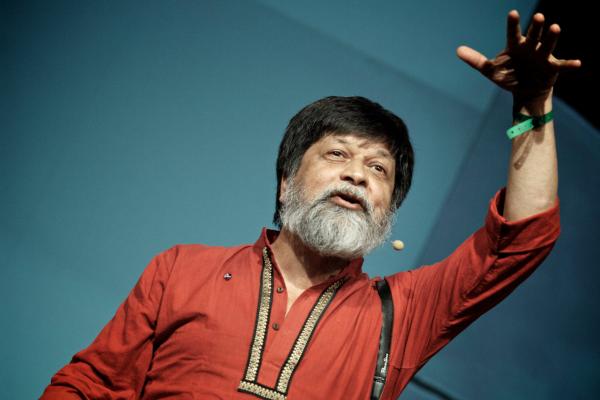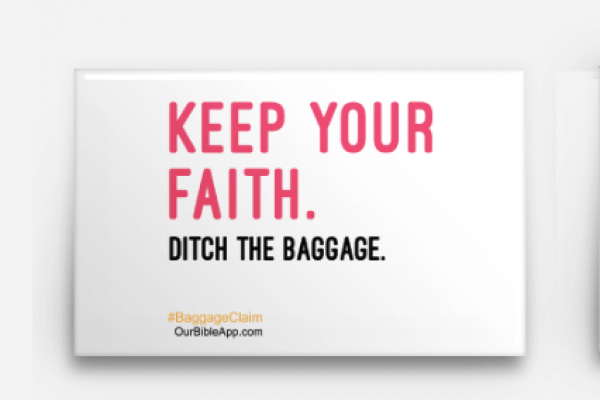It is an ethical imperative to consider the circumstances under which traumatic memories are recalled, whether in the course of therapy, during police investigations, court hearings, or public testimonies. Recalling trauma may be a part of the healing process or may lead to re-traumatization, persistence, and continued detrimental effects from traumatic memories.
I doubt the evangelical response to Tamar would have been as enlightened even though she had “proof.” The rhetoric would look more like this: Tamar took advantage of Judah at a time of grief for her own economic gain. She should have had her father speak to Judah about his negligence first and given him a chance to defend his action. They would cite what a good family Judah came from, being the son of Jacob and the great-grandson of Abraham. Except for selling his brother into slavery, he’s been a model citizen. They wouldn’t dare validate Tamar’s subversive act as a form of social justice, as a call for repentance and redemption
Despite the lack of coverage her faith has gotten, the influence of Christianity on her advocacy has remained constant. It is often difficult for people to associate Christianity with activism because it has become so weaponized, she says. “Christianity has been co-opted by people who have a political agenda, and have a very particular narrative that is steeped in racism, and classism, and sexism, and all of these other forms of oppression,” she tells me, “I’m the kind of Christian that recognizes who Jesus was — and Jesus was the first activist that I knew, and the first organizer that I knew, and the first example of how to be in service to people.”
The proposed regulation from the Department of Homeland Security would expand immigration officers' ability to deny visas or legal permanent residency to aspiring immigrants if they have received a range of taxpayer-funded benefits to which they are legally entitled, such as Medicaid, the Medicare Part D low-income subsidy, Section 8 housing vouchers, and the Supplemental Nutrition Assistance Program, which is commonly known as food stamps.
1. The Quiet Evangelical Campaign to Help Republicans Hold onto the House and Senate
The Faith and Freedom Coalition, Focus on the Family’s Family Policy Alliance, and more are stepping up their ground game — and spending millions of dollars — to stave off a blue wave.
2. This Is How #MeToo Has Moved the Needle in Churches
In 2014, protestant pastors were surveyed about how they talk about sexual and domestic violence in their congregations. Results were dismal. In 2018, after nearly a year of #MeToo revelations, the survey was conducted again — here’s what’s changed.
I constantly ask myself if I’m betraying my family by responding to the rituals and traditions they so earnestly sought to escape. But then I think about their conversion stories and how they made these decisions to become closer to Jesus.
According to Army Capt. Chris Jakubczak, the National Guard’s first priority was to warn residents to follow evacuation orders, especially those who lived along the banks of the Lumber River. Many residents followed orders, while others chose to stay for various reasons.
I, too, have felt the thickness of the past 341 days. Because time doesn’t fly in the midst of a long awaited cultural change — it crawls. Time pauses to ask God, “Why?” It stops to lament each child abused by a priest and each survivor silenced to preserve the legacy of a charismatic pastor.
This is not the first time a South Asian activist has been punished for speaking out against the government. Southeast Asia has some of the largest democracies in the world, and yet under the current climate, every voice of defiance is pegged as a coup, or a smear campaign. There have been countless activists, journalists, and others who speak up that have been relentlessly targeted.
Entering digital spaces that are dominated by conservative Christian resources, Our Bible App is attempting to carve out a unique space. It is explicitly pro-LGBT, pro-women and pro-interfaith inclusivity in its stated mission. “I created this app because I'm tired of feeling left out of Christianity because of my complex identities,” Crystal Cheatham, the app’s founder and CEO, told Sojourners. “I wanted worship materials that talked about an inclusive kind of faith and embraced that same kind of community.”








